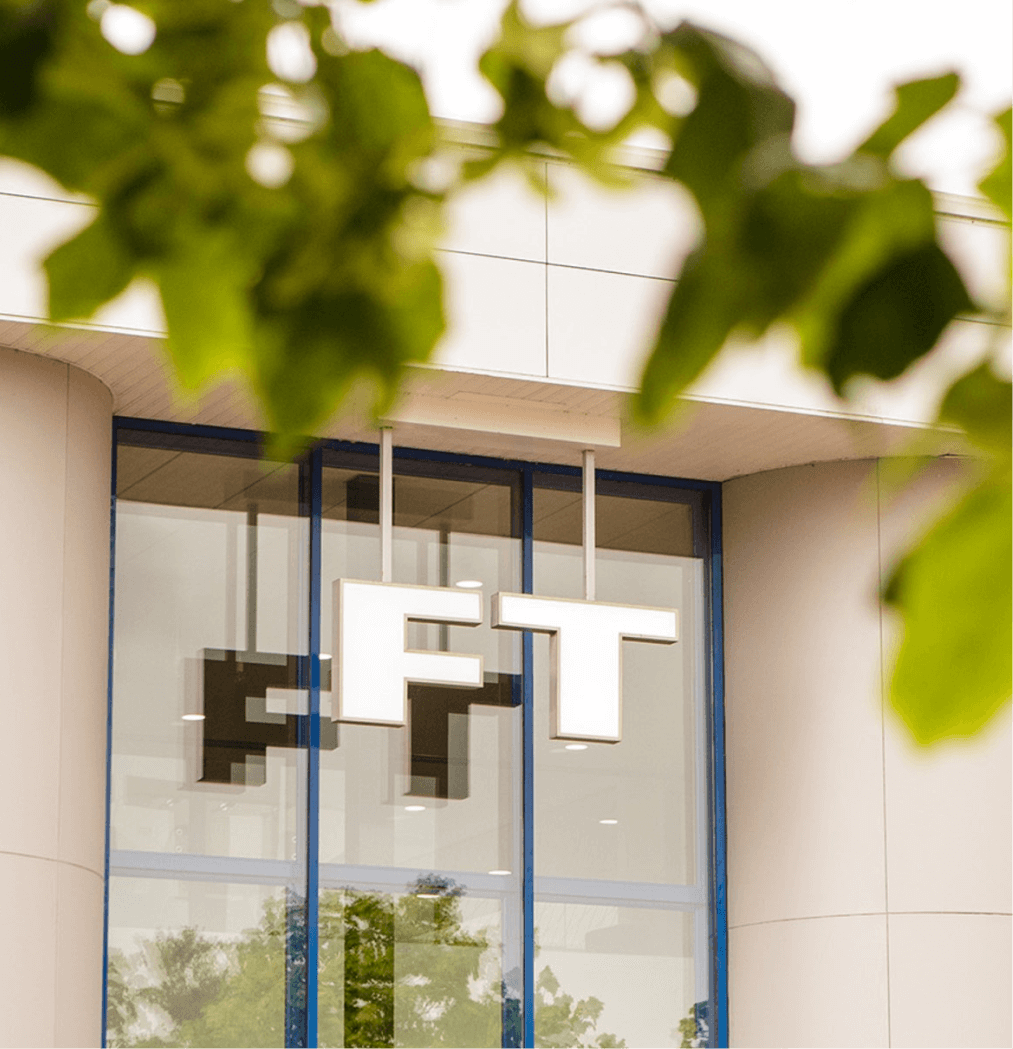Company history
Founded in 1981 by Peter Elgar and Derek Cavendish-Pell, FT Technologies began as a company dedicated to defence research. In 1986, Dr. Savvas Kapartis, holding a BSc and PhD in Electronics from the University of Surrey, joined the team and began shaping the company's future in sensor innovation.
By the 1990s, the government needed a wind sensor for ballistic meteorology that was robust enough for battlefield conditions—one with no moving parts. Conventional sonic anemometers, relying on Time-of-Flight measurements, were fragile and oversized, making them unsuitable for this demanding environment.
One day, while stopped at traffic lights, Dr. Kapartis had a breakthrough idea. He envisioned a small acoustic sensor that would resonate sound waves within a cavity, measuring the phase shift of moving air. This approach would eliminate the need for moving parts and allow for a smaller, more durable, easily heated sensor.
FT Technologies’ team began developing this groundbreaking concept, combining acoustic resonance with ultrasonics and phase shift measurement. They built a wind tunnel in-house and developed the necessary electronics and software. Shortly after, the proprietary FT Acu-Res® Technology was patented.
In 2000, the first FT702 acoustic resonance wind sensor went into serial production. Designed with a stainless steel body, it was intended for meteorological use. However, its durability and precision made it ideal for wind turbine control, and the technology’s success was recognised in 2003 when Acu-Res® Technology was named a finalist for the Royal Academy of Engineering’s prestigious MacRobert Award. In 2006, FT won the Queen’s award for Enterprise & Sustainable Development.
Today, FT’s innovations continue to lead the industry. The 752 series measuring wind speeds of up to 90 m/s, and designed for industrial markets or professional use, including wind turbine control, commercial marine, performance sailing, drones and many other critical safety and control applications.
.png?width=1000&height=950&name=product-hero-desktop%20(1).png)




























